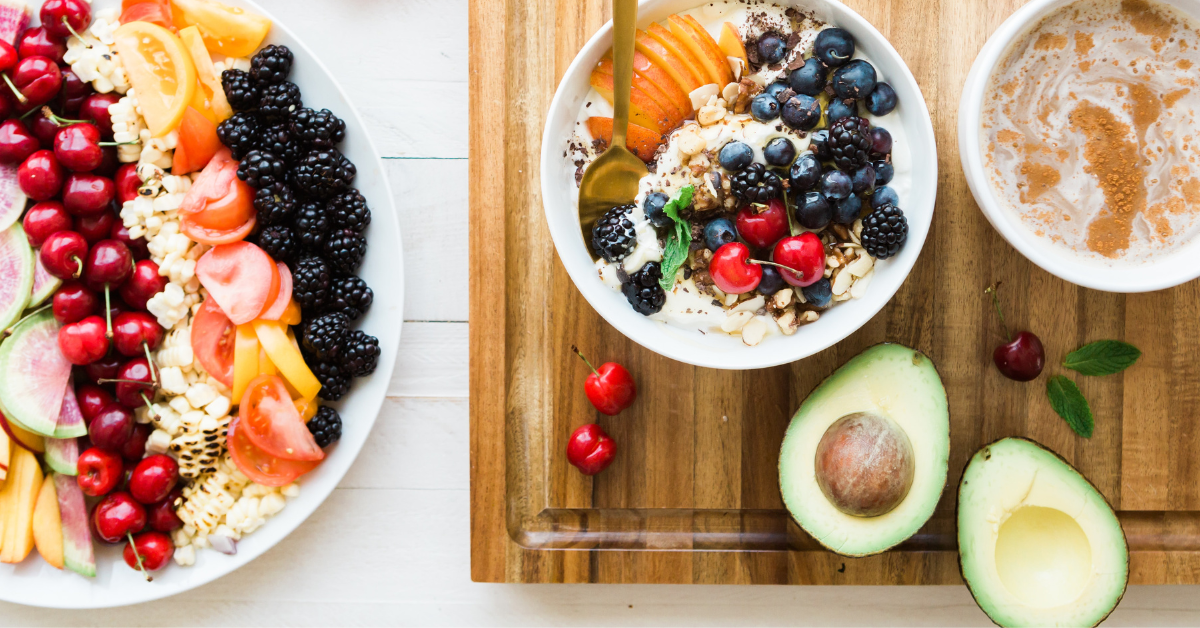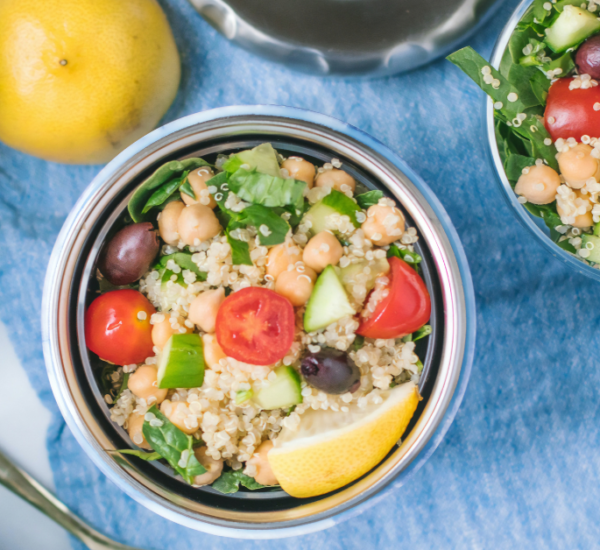Have you noticed the aisles full of gluten-free foods popping up in supermarkets lately? Food manufacturers are fostering a trend that’s becoming more and more popular. But is going gluten-free actually any healthier, and will it lead to weight loss.
What is gluten?
Gluten is a protein found in grains like wheat, rye, triticale, barley and oats, and it’s also often found in other products as it helps bind foods together.
Also read: 10 high protien foods for vegetarians, plus a free recipe
Why go gluten free?
A strict gluten-free diet is essential for people with an inflammatory condition known as coeliac disease. However, many people who buy gluten-free products are doing so because they think these foods are healthier, not because they have coeliac disease or gluten intolerance.
Going gluten-free is not as simple as cutting out bread and pasta, because gluten is often found in many other foods as it adds flavour and texture. But while buying the gluten-free variety of a product over the regular version is essential for people with coeliac disease, sales of these products show they’re being bought by far more people than those with the disease or gluten intolerance, which is estimated to affect six to ten percent of the population.
According to Food Australia, an estimated 18 percent of Australian consumers are now buying gluten-free products. These products are often lower in nutritional value and have a higher GI and less fibre than their gluten-containing equivalents. In addition, they often have added sugars and fats to make them more palatable. As a result, many people who have to go on strict gluten-free diets often gain weight because of the calorie density of these foods.
Some celebrities endorse going gluten-free for weight loss, but this weight loss is often due to cutting out an entire food group (such as breads and cereals). That means they’re eating fewer calories, which naturally leads to weight loss – but it’s not because they’ve cut out gluten.
Avoiding gluten-containing foods can also lead to nutritional deficiencies. An Italian study found that people following long-term gluten-free diets had lower intakes of fibre, folate, niacin, B12, magnesium, iron, zinc, manganese and selenium, while a British study found participants were consuming significantly more carbohydrates.
An Australian study, meanwhile, found that following a long-term gluten-free diet led to an inadequate fibre intake and could result in dietary inadequacies related to poor food choices.
Should you go gluten free?
If weight loss is your goal (and if you don’t need to go gluten-free because of coeliac disease or gluten intolerance), try focusing on your portion sizes instead. For lunch or dinner, half of your plate should be made up of vegetables or salad, a quarter should be protein and a quarter carbohydrates.
However, if you do decide to go gluten-free, then skip packaged foods and include plenty of variety in your diet, with lots of vegetables, fruit, lean sources of protein, dairy and low GI, gluten-free grains and legumes. This will ensure you’re eating from all the food groups and getting a wide range of nutrients.
If you think you may have coeliac disease or gluten intolerance, make sure you see your doctor or an Accredited Practising Dietitian. They’ll be able to give you the best advice and make an accurate diagnosis.
Also read: Don’t go Gluten Free if you Don’t Have To
When you sign up to 12WBT you get access to over 220 gluten free recipes! Register to learn more about how 12WBT can help you reach your goals.
















I have been doing gluten free for 4 weeks now and yes I have been noticing changes. I’m not feeling bloated after every meal and I have lost weight. Someone said to me you are missing out on a lot off nutrition but I can’t see I am. The gf breakfast im you buy in shops are beautiful just add natural yoghurt. Lunch is a meat and salad wrap on gf wraps ( however gf wraps taste like cardboard and they are hard to wrap and the bread get really soggy quickly) and for tea meat and veggies. And if I want a quick and easy meal I have found Taylor’s brand of sauces in a bottle have no traces of gluten so I make a stir fry and for snacks I have fruit or gf bars. I think it’s fun checking out labels to see if it is gf and have noticed myself it’s high in sugar. But over all I think I’ll stick with it as I feel more alive and not feeling blotted after ever meal is worth it.
Before cutting out gluten always get medical advice from your Dr. As if you are a coeliac you have to be consuming it to be tested.. Eliminating it may help you but if left undiagnosed it can lead to bowel cancer and many other issues.
Regardless of whether its gluten free or not, all processed foods are not that great for the body.
One way to see the effects of gluten is to drop it for a month to 6 weeks, notice the differences along the way, and then feel how it feels when you try it again…chances are tiredness and a bloated tummy. This is what happened to me and it was great to know it for myself.
I found that on the MB program, I reduced pasta, bread and potatoes (but not eliminating fully) and therefore I lost weight. AND more importantly, reducing the bread/pasta carbs helped my IBS. Bread is especially an irritation for me. But I haven’t bothered buying GF foods like GF bread. What’s the point? Just eat more veggies. As the article says, the products have other things in them that are often higher in calories. Interestingly, the little bit of bread I recently ate in Germany did not irritate me as much as Australian bread. Must be something in the production or the variety of wheat in Europe.
Eating plenty of fruits, vegetables, lean proteins with very little gluten help in losing weight safely does Gluten free not necessarily mean healthy because all gluten-free foods are not equally nutritious so, you should choose wisely..
Gluten is bad!… The effects on the brain have been linked to alot of neurological disorders and autoimmune problems. Dr Perlmutter book Grain Brain.. Eating raw foods much better…. Wheat has no nutritional value since the wheat has changed over the last 150 years. todays wheat has 40 times more Gluten ….